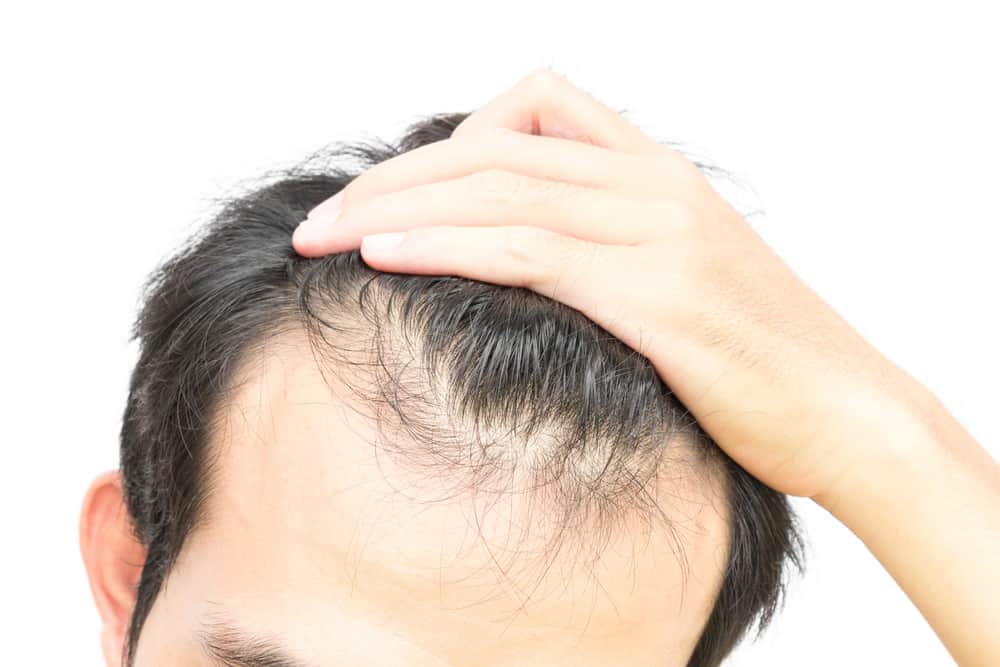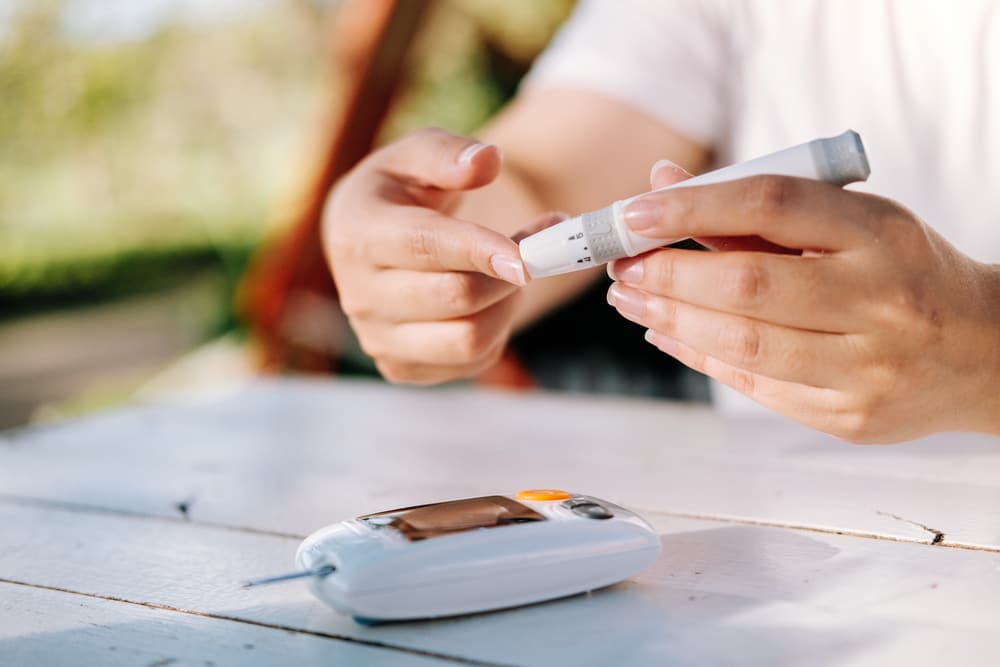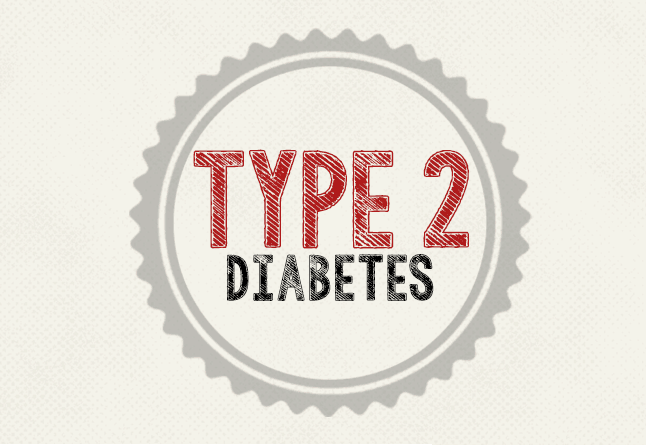Contents:
- Medical Video: Psoriasis: Types, Symptoms, Causes, Pathology, and Treatment, Animation
- Topical treatment
- Vitamin D analogue
- Anthralin or Dritho-Scalp
- Coal tar cream or ointment
- Anti dandruff shampoo
- Salicyclic Acid and Lactic Acid
- Systemic treatment
- Methotrexate
- Cyclosporine
- Retinoids
- Hydroxyurea
- Immunomodulatory drugs (biologics)
Medical Video: Psoriasis: Types, Symptoms, Causes, Pathology, and Treatment, Animation
Treating psoriasis usually requires different methods, such as lifestyle changes, nutrition and medication. Treatment depends on the severity of the symptoms, age, health conditions and other factors. The doctor will try several methods before finding the right treatment for the patient.
Treatment options for psoriasis depend on the following factors:
- The severity of psoriasis
- How many parts of the body are affected
- Type of psoriasis
- How well the skin responds to initial treatment
Most of these drugs are intended to treat symptoms only. These medications relieve itching and flaking, and reduce the recurrence of psoriasis. Regular use of moisturizer after bathing can keep skin moist, but does not eliminate the cause of inflammation.
The dermatologist also recommends that psoriasis sufferers use unscented soap, detergent and moisturizer and coloring to avoid skin irritation.
Topical treatment
Treatment that is applied directly to the skin is called topical treatment. Topical drugs include:
- Cream
- Ointment
- Lotion
- Gel
Topical medications are usually the first treatment for mild to moderate psoriasis. In certain cases, topical drugs are combined with other types of drugs.
Cortisone creams and ointments are the most common type of medication used for psoriasis. Low-dose steroid treatment works to control excess skin cell production, smooth the skin, and relieve symptoms. However, some corticosteroids contain steroids that are stronger and can worsen symptoms. The doctor will give the right dose to reduce symptoms.
Topical retinoids are derivatives of vitamin A and work to normalize skin cell growth activity, thus slowing the inflammation process. Although the way it works is not as fast as a corticosteroid ointment, topical retinoids have fewer side effects. Women who are or are potentially pregnant are not allowed to use because there is a risk of birth defects. The common forms of this drug are Tazorac and Avage.
Vitamin D analogue
Doctors can prescribe this medication alone or together with other drugs to treat mild to moderate psoriasis. These drugs include calcipotriene (Dovonex) and calcitriol (Rocaltrol) which are synthetic forms of vitamin D which slow down the growth of skin cells.
Anthralin or Dritho-Scalp
This cream works to normalize skin cell growth activity and remove scales. Doctors use it with phototherapy. This cream is recommended to only be applied to the skin for a short time because it can cause stains and irritation if used on the skin for too long.
Coal tar cream or ointment
The oldest psoriasis treatment is made from the disposal of an oil company. Coal tar products aka coal tar reduce itching and inflammation. High concentrations are available using recipes. However, coal tar cream can cause stains on clothes and have an unpleasant odor.
Anti dandruff shampoo
Special anti-dandruff shampoo treatment available with a doctor's prescription to treat psoriasis. Wash with this special shampoo and massage the problematic area of the scalp.
Salicyclic Acid and Lactic Acid
Both are available at pharmacies and by prescription. Both shed dead skin cells, and can be combined with other treatments.
Systemic treatment
Prescription drugs can overcome the disease by reducing inflammation. Doctors usually use low doses to stop symptoms. Treatment begins with topical medication, but if the skin becomes immune, stronger drugs can be used. Doctors can prescribe oral or injection drugs if psoriasis is getting worse or does not respond to topical treatment. These drugs have serious side effects, so doctors limit their use only to serious cases.
Methotrexate
Methotrexate reduces skin cell production and suppresses the immune response. Doctors usually prescribe this medication for cases of moderate to severe psoriasis. This drug is one of the most effective treatments for people with erythrodermic psoriasis or pustular psoriasis. Lately, doctors have begun giving this drug as a treatment for psoriatic arthritis as well.
Side effects include:
- Loss of appetite
- Tired
- Stomach ache
Women who are or are potentially pregnant are prohibited from using methotrexate because of the risk of ectopic pregnancy and miscarriage. Men who are currently or recently using this drug should avoid causing pregnant women. According to the National Psoriasis Foundation, long-term use can cause liver damage and decrease in red and white blood cells and platelets.
Cyclosporine
Cyclosporine is a very effective drug, aimed at suppressing the immune system. Doctors usually only prescribe this medication for severe cases of psoriasis because it can weaken the immune system. Doctors only prescribe this drug for the most time because of the risk of high blood pressure. You can use it for 3 to 6 months. Patients who use this drug need a blood test and regular blood pressure checks to monitor potential problems.
Retinoids
Retinoids are made from vitamin A derivatives and can treat moderate to severe psoriasis by reducing skin cell production. Doctors can recommend using light therapy. This drug has considerable side effects. Doctors can request regular blood tests to check cholesterol. Retinoids can also cause birth defects. Women who are or plan to become pregnant are prohibited from using this drug, at least 3 months before becoming pregnant.
The only FDA-approved oral retinoid for the treatment of psoriasis is acitretin (Soriatane).
Hydroxyurea
Hydroxyurea can be used with phototherapy, but it is not as effective as cyclosporine and methotrexate. Possible side effects include too low red blood cell levels (anemia) and decreased white blood cells and platelets. Women who are or plan to become pregnant are prohibited from using hydroxyurea because of the risk of birth defects and miscarriages.
Immunomodulatory drugs (biologics)
Biologics is a new class of drugs that target the body's immune response. These drugs are given by injection or IV (infusion). Doctors usually prescribe these drugs for moderate to severe cases that do not respond to traditional therapies.
Biologics that are approved for the treatment of psoriasis include:
- Adalimumab (Humira)
- Alefacept (Amevive)
- Etanercept (Enbrel)
- Golimumab (Simponi)
- Infliximab (Remicade)
- Ustekinumab (Stelara)
- Thioguanine
Although not as effective as methotrexate or cyclosporine, thioguanine has smaller side effects, but still causes birth defects. Women who are or plan to become pregnant are prohibited from using it.
Hello Health Group does not provide medical advice, diagnosis or treatment.












